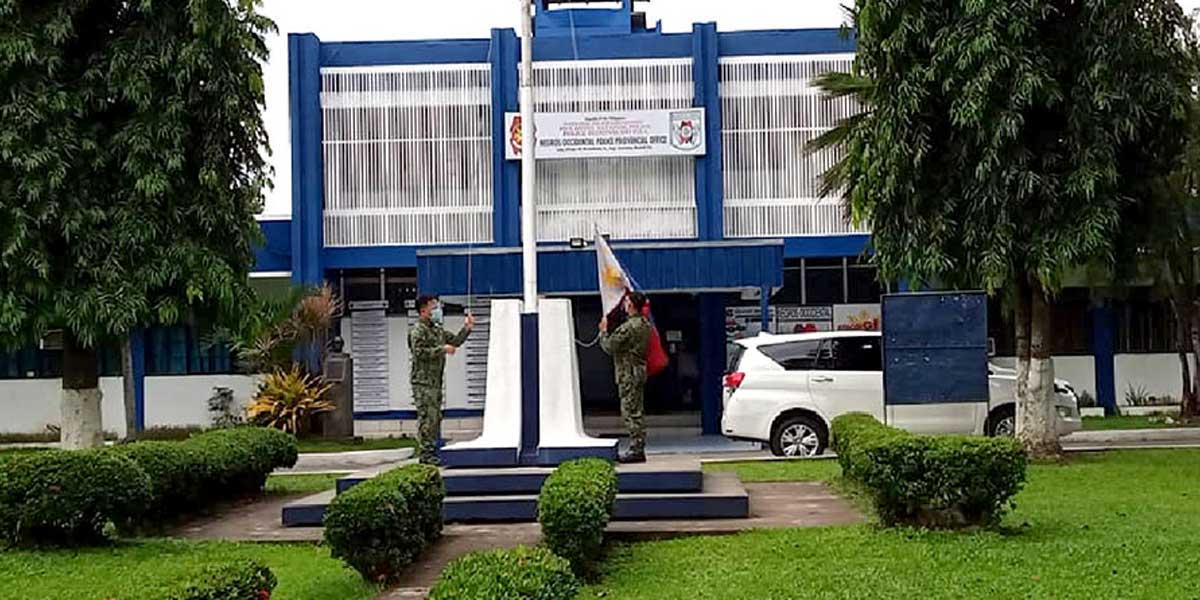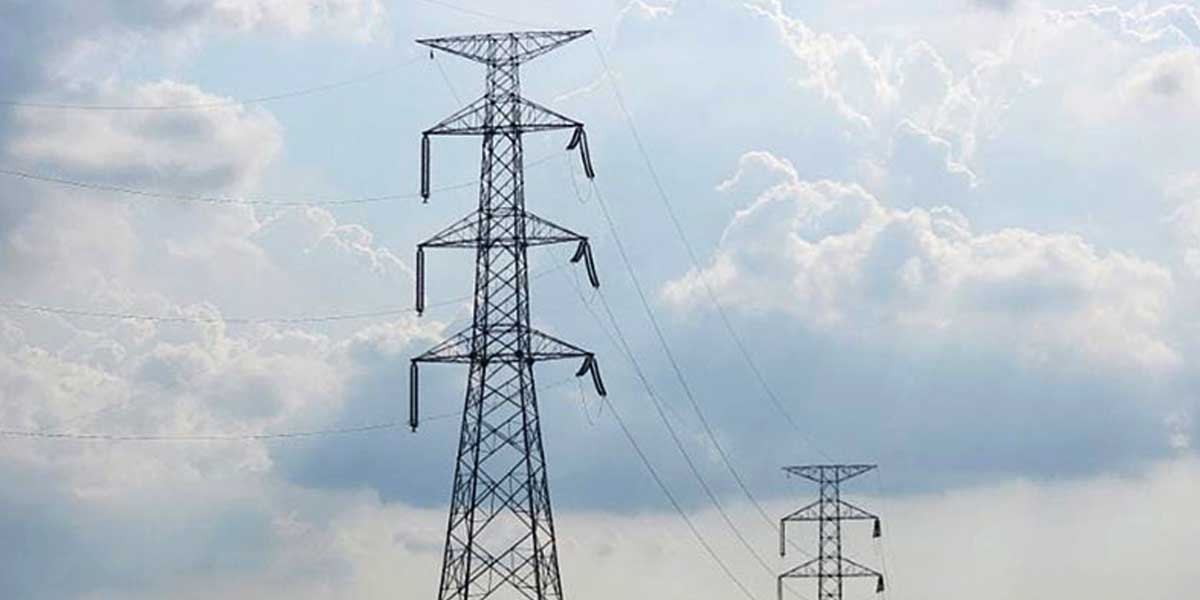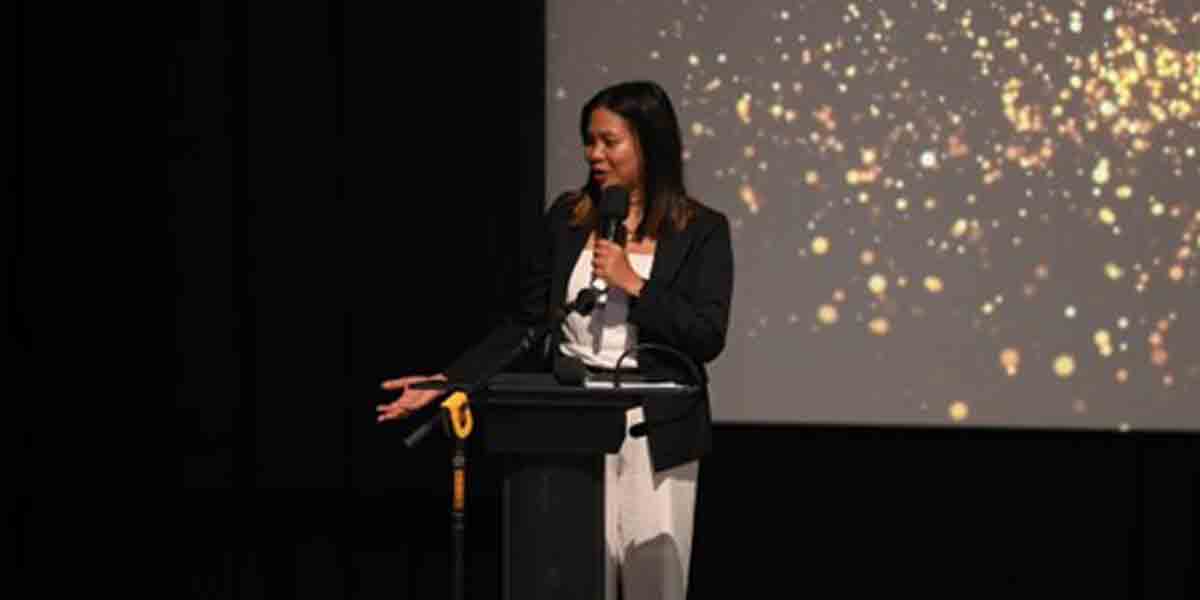PLDT Inc. and Smart Communications, Inc. are accelerating their transition to renewable energy (RE) to reduce operational costs and strengthen their commitment to sustainability, the company announced in a press release.
The companies aim to power 24 facilities with renewable energy sources supplied by ACEN Renewable Energy Solutions, the retail electricity arm of ACEN Corp.
PLDT Vice-President and Sector Head for Property and Facilities Leo A. Gonzales expressed the company’s push for cleaner energy.
“We continue to invest in more renewables to power up our facilities, particularly these key sites in Metro Manila. Recognizing the many benefits of RE, we are eyeing to switch more sites and further increase the share of renewables in our overall energy mix,” he said.
The move is part of a larger strategy to lower energy consumption and reduce greenhouse gas emissions.
PLDT estimates that this shift will generate an annual savings of around P6 million while cutting nearly 21,000 tons of carbon emissions for the year.
Among the facilities benefiting from this transition are key operational hubs in Makati City, which house round-the-clock command centers managing PLDT and Smart’s wireless network operations.
Other sites include business offices in Antipolo, Cainta, Calamba, and various Metro Manila cities such as Las Piñas, Quezon City, Taguig, and Valenzuela.
In addition to Metro Manila sites, PLDT and Smart are also powering facilities in Visayas and Mindanao with a diversified renewable energy mix, tapping into solar, geothermal, and wind energy sources.
PLDT First Vice-President and Chief Sustainability Officer Melissa V. Vergel de Dios reiterated the company’s commitment to long-term sustainability: “Going beyond our own roadmap and targets, we recognize how these operational choices help make our planet more livable for present and future generations.”
She added that PLDT and Smart will continue adopting clean energy technologies to further reduce reliance on fossil fuels while also integrating climate change offsetting measures.
The transition forms part of the company’s wider ambition to improve its environmental impact and align with global sustainability standards.
According to Vergel de Dios, “Our commitment is not just about compliance; it’s about contributing to a larger global effort to combat climate change.”



















